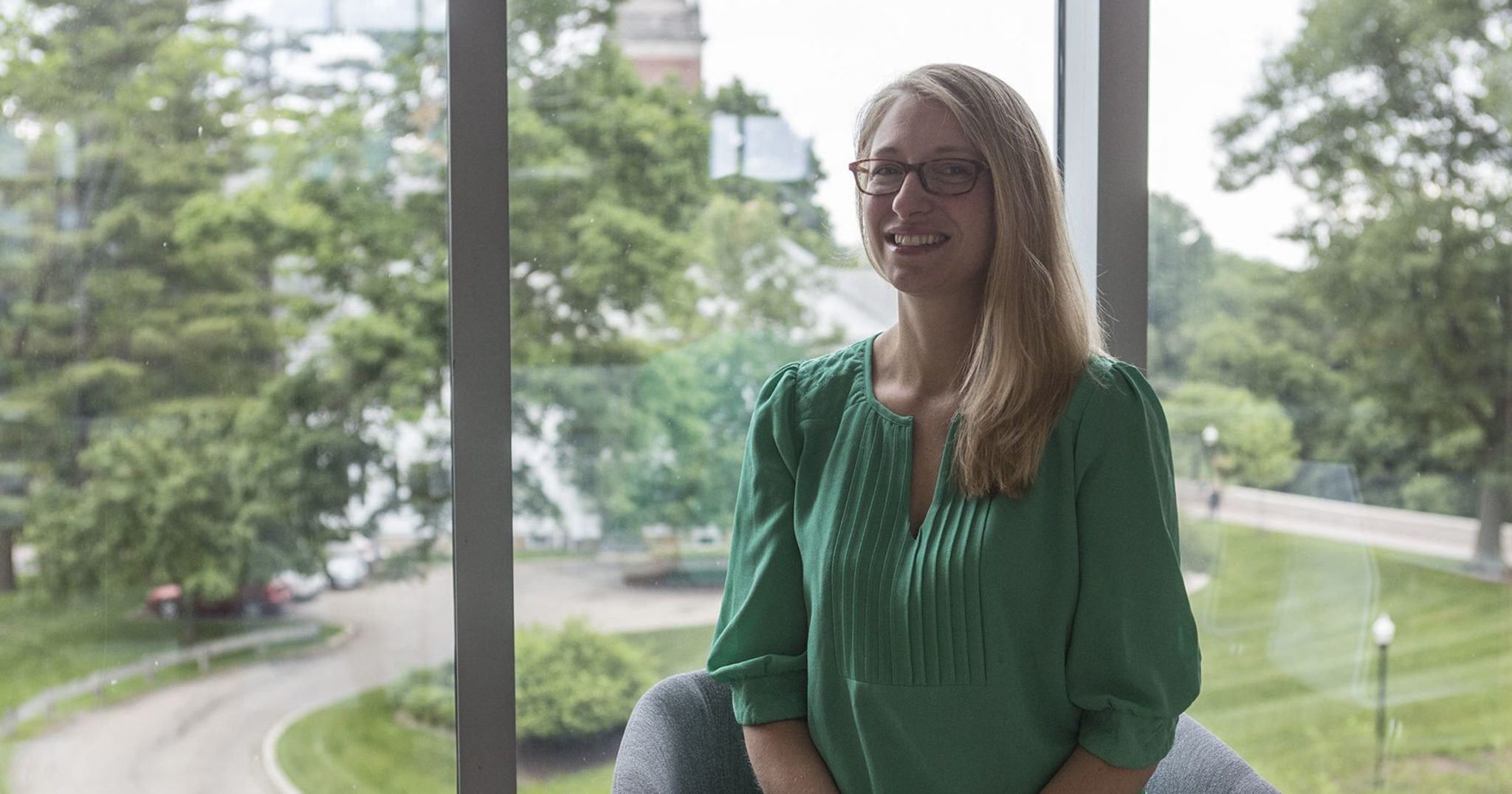Global Studies Seminar presents Sarah Supp
| Location: | |
| Ticket Info: | Free |
| Questions: |
Associate Professor
|
The Global Studies Seminar welcomes Sarah Supp, Assistant Professor of Data Analytics, presenting “Biodiversity in the Anthropocene: How humans measure and respond to change.” Supp is an ecologist who uses data analytics techniques to study biodiversity in a changing world. At Denison’s Data Analytics Program, Supp’s goal is to work together with students to foster creative and critical thought through hands-on learning and research, to become effective communicators and problem-solvers. Her research interests mainly focus on biodiversity, avian migration, and long-term trends in ecological communities.
We exist as members of the Anthropocene – an era where human activity is the dominant influence on climate and the environment. Humans activities reshape the world around us, including fundamental changes to the living world that we depend upon. Biodiversity, commonly defined as the number and different types of species in an area, serves many vital functions to human wellbeing – provisioning resources, regulating environmental stability, and cultural significance – which could be threatened under biodiversity change. Recent advances in computing and data availability have made it possible to assess biodiversity change across the planet, and to identify critical hotspots that require attention. In addition, international efforts such as the Millennium Ecosystem Assessment (launched by UN Secretary General Kofi Annan in 2001) and the Intergovernmental Platform on Biodiversity and Ecosystem Services (launched in 2012 and administered by United Nations Environmental Programme) have increased efforts to synthesize research and create policies to address change, particularly with respect to human wellbeing and sustainable development. This talk will highlight recent scientific research on the current biodiversity crisis, through the lens of how it can impact policy and human wellbeing around the world.
